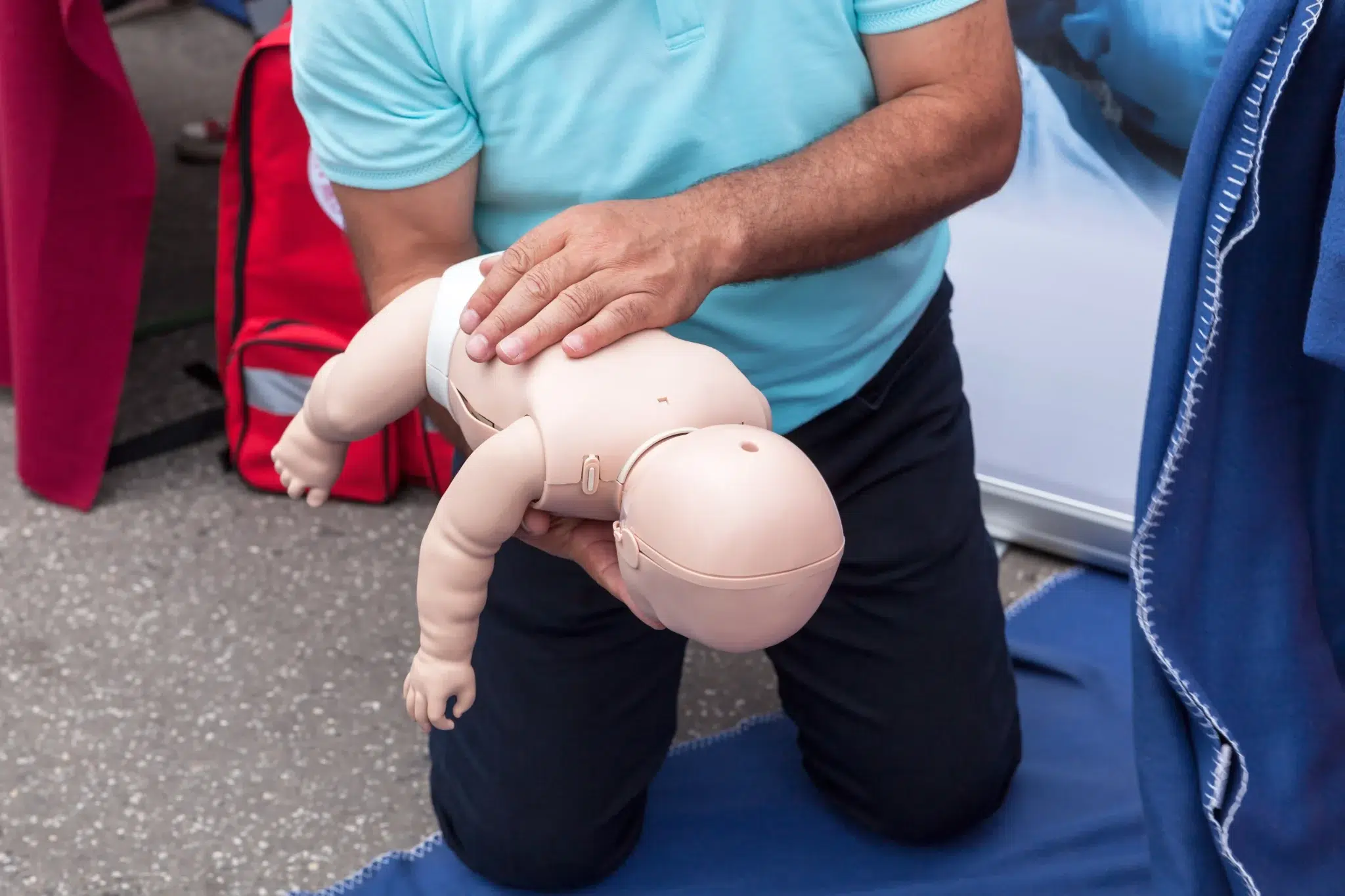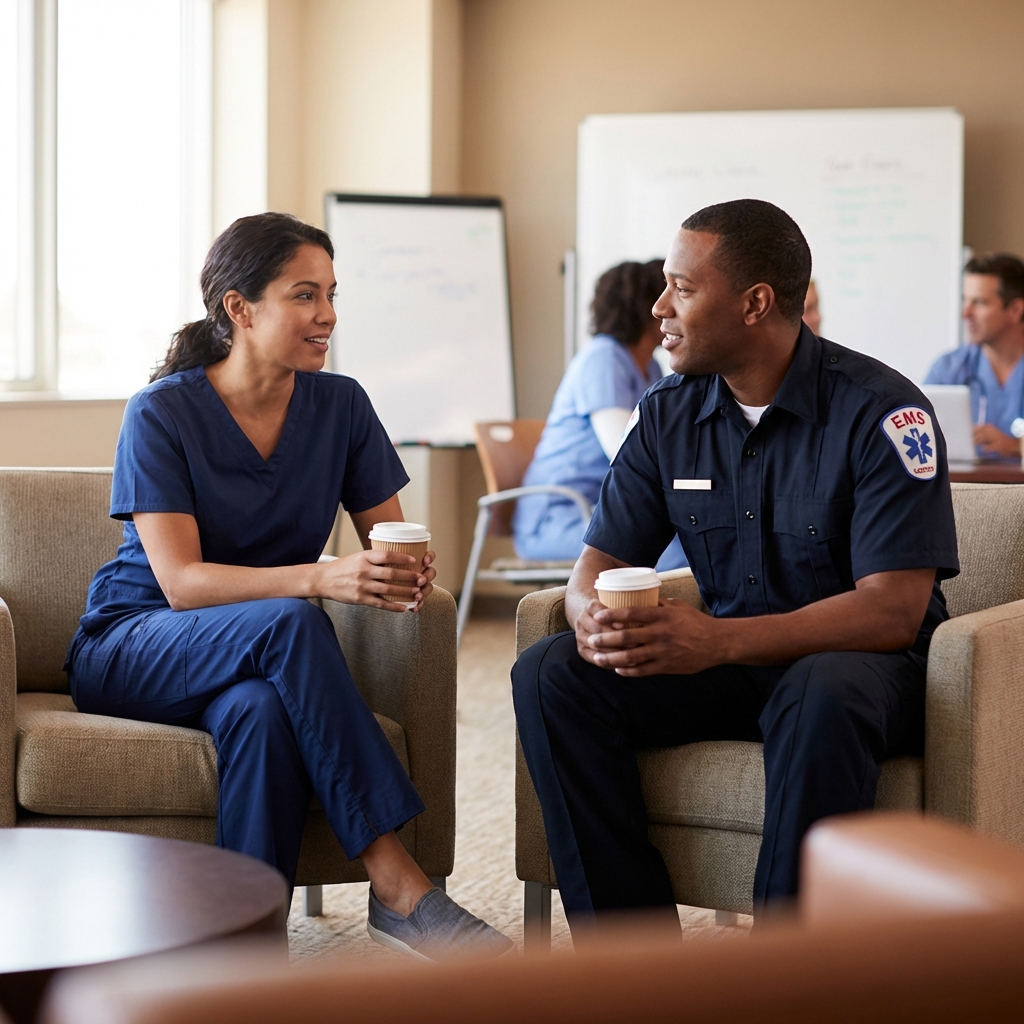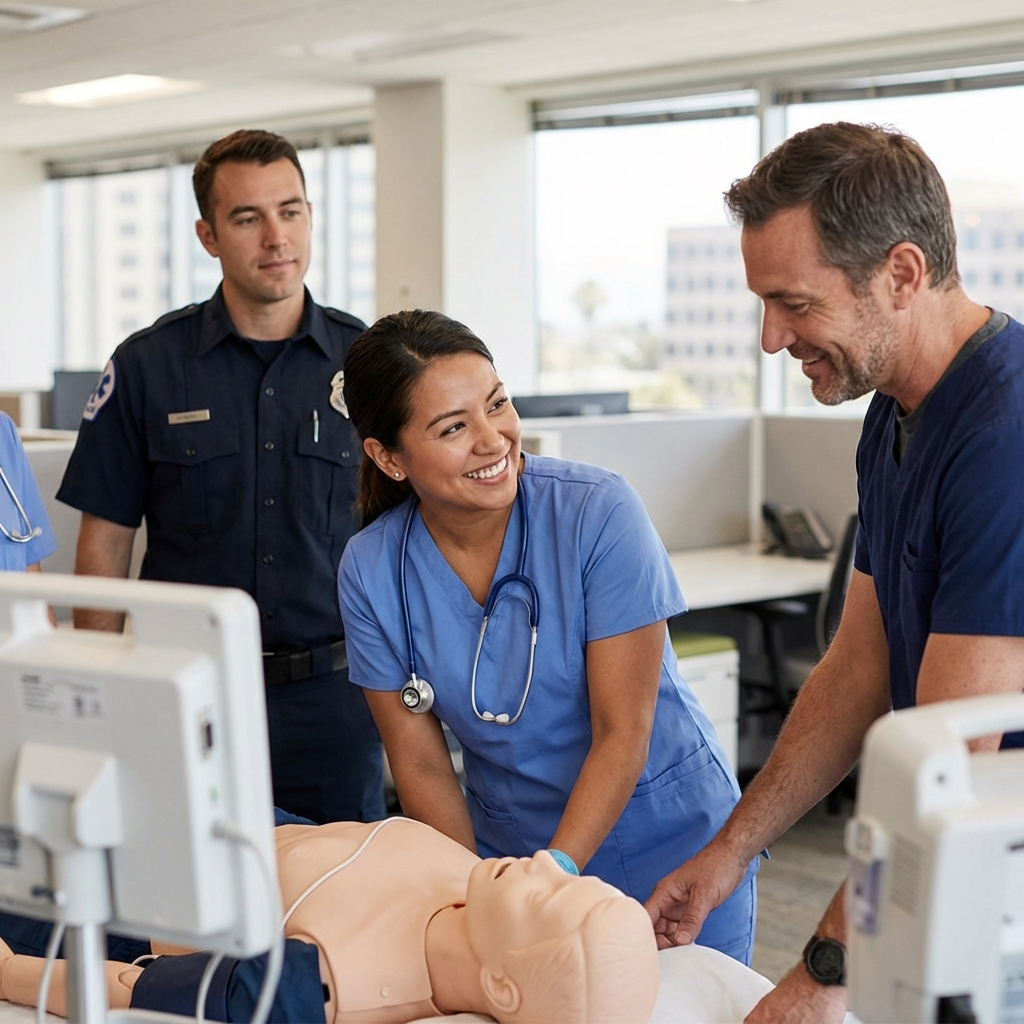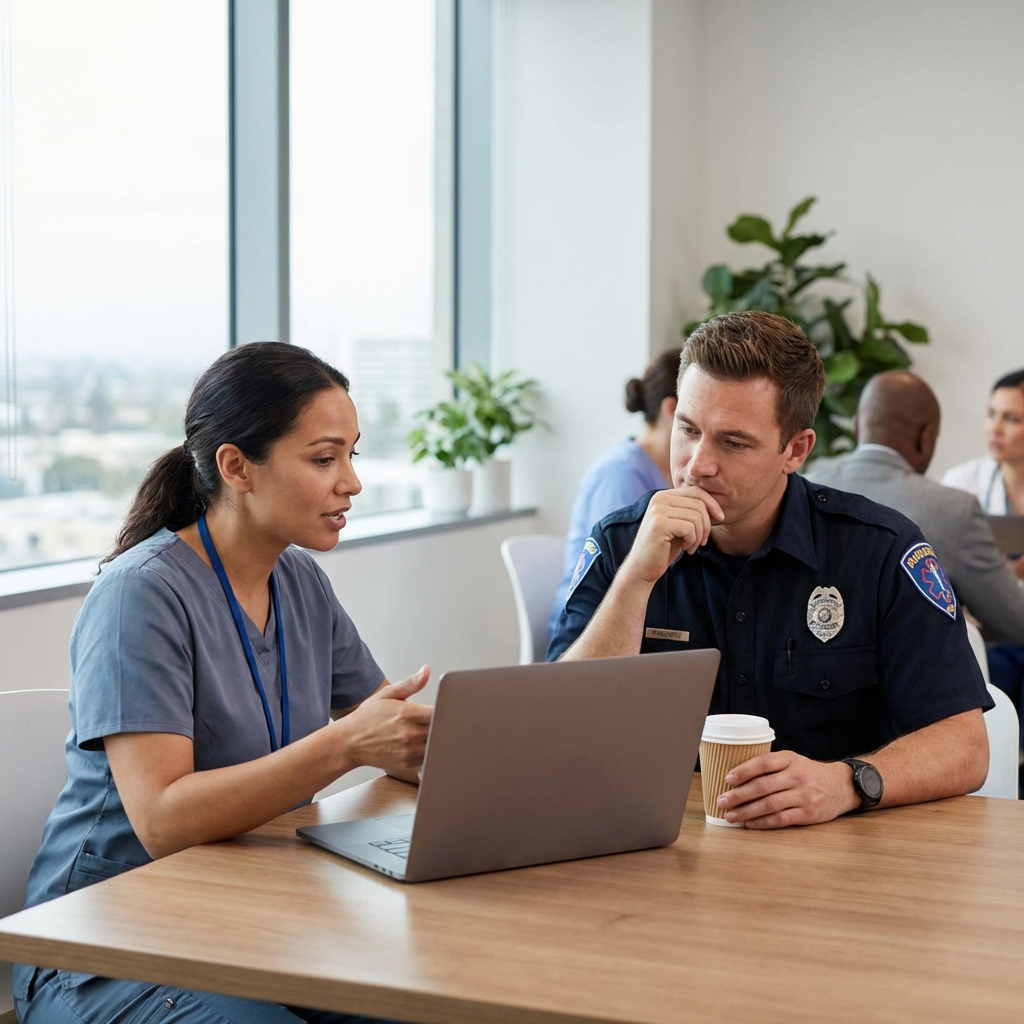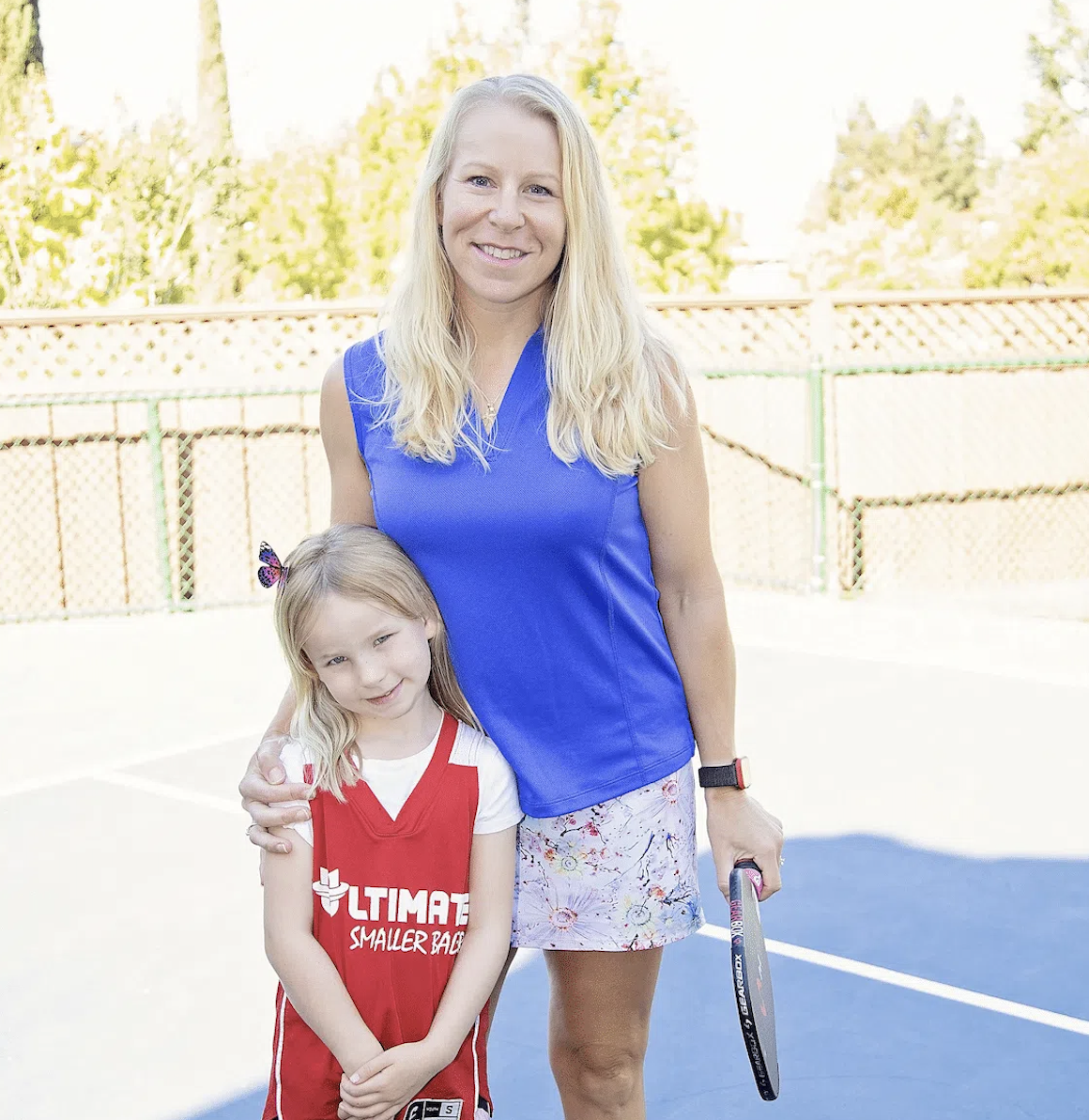Are you ready to reshape your approach to CPR training? RQI in Oakland is transforming how healthcare professionals maintain their life-saving skills. This program emphasizes consistent practice and personalized learning, ensuring you’re always prepared for emergencies. This article explores the core components of RQI, highlighting its benefits for Oakland healthcare providers. We’ll compare RQI with traditional CPR training, discuss certification costs, and provide resources for finding RQI programs in Oakland. We’ll also address common concerns and guide you through the process of getting started with RQI.
Key Takeaways
- RQI provides efficient CPR skill maintenance: Frequent, short practice sessions and immediate feedback help healthcare professionals stay proficient and confident.
- RQI benefits everyone: It saves time for busy professionals, strengthens essential skills, and leads to improved patient care.
- Start RQI training today: Find convenient, affordable RQI programs, including BLS, ACLS, and PALS, at Safety Training Seminars in Oakland.
What is RQI? Reshaping CPR in Oakland
The Resuscitation Quality Improvement (RQI) program is changing how healthcare professionals in Oakland maintain their CPR skills. Instead of traditional biannual recertification, RQI uses a low-dose, high-frequency approach. Think short, frequent practice sessions to keep your skills fresh, rather than cramming for a big test every two years. This innovative training uses the latest learning technology and simulation stations, allowing providers to practice and refine their CPR skills in a realistic environment. RQI helps ensure competency and builds provider confidence. You can learn more about the program’s foundation at the RQI Partners website.
In Oakland, the RQI program has become a popular choice for medical professionals seeking American Heart Association BLS, ACLS, and PALS certification. This method enhances the quality of CPR training and increases providers’ confidence. Learning RQI highlights the program’s positive impact, citing improved performance in compressions and ventilation skills. By adopting RQI, healthcare professionals in Oakland are better prepared for emergencies, ultimately reshaping CPR training and improving patient care within the community. The American Heart Association offers valuable resources and insights into high-quality CPR training.
How RQI Benefits Oakland Healthcare Professionals
RQI offers significant advantages for healthcare professionals in Oakland, streamlining certification, reinforcing crucial skills, and ultimately contributing to better patient care. Let’s explore these benefits:
Save Time
Time is a precious commodity for busy healthcare professionals. RQI respects your time by offering a streamlined, efficient path to AHA certification. The program involves three simple steps: completing an online component, performing a skills check with a voice-assisted manikin (VAM), and receiving your certification card—all on the same day. This efficient process eliminates the need for lengthy classroom sessions, allowing you to focus on your patients and other responsibilities. Safety Training Seminars offers convenient RQI classes designed to fit your schedule.
Maintain Skills
Traditional CPR training models often fall short when it comes to skill retention. Studies show that skills can decline significantly within just a few months of initial training. RQI addresses this challenge with its mastery learning approach. Through deliberate practice and regular quality improvement sessions, RQI helps you maintain your CPR skills at a consistently high level. The program covers a range of courses, including Healthcare Provider BLS, ALS, PALS, NRP, Responder (for non-clinical staff), and Prehospital for teams, ensuring comprehensive skill development and maintenance. Learn more about the RQI program and its comprehensive approach to resuscitation training.
Improve Patient Outcomes
Ultimately, the goal of any healthcare training is to improve patient outcomes. RQI contributes directly to this goal by ensuring healthcare providers maintain the skills and knowledge necessary for effective CPR. Regular, high-quality training through RQI leads to improved CPR performance during cardiac arrests. Studies indicate that RQI-trained professionals are more likely to deliver chest compressions at the AHA-recommended rate, a critical factor in successful resuscitation. This translates to better chances of survival and positive outcomes for patients in Oakland. For more information on how RQI enhances CPR quality, check out this resource on the Resuscitation Quality Improvement program.
RQI Certification Classes in Oakland
RQI courses offer a flexible and convenient way to stay up-to-date on your certifications. Safety Training Seminars offers several RQI programs in Oakland, catering to different levels of healthcare professionals. Let’s take a closer look at the options:
BLS RQI Program
The Basic Life Support (BLS) RQI program is perfect for healthcare providers, including medical students, nurses, paramedics, and other professionals who need CPR training. This program uses innovative simulation technology and personalized learning to help you master the core skills of high-quality CPR. You’ll learn to recognize life-threatening emergencies, provide high-quality chest compressions, deliver appropriate ventilations, and work effectively as a team. Safety Training Seminars offers BLS RQI certification in Oakland, making it easy to renew your credentials and stay current with the latest guidelines. Consider adding this certification to your resume skills section to showcase your qualifications.
ACLS RQI Program
For healthcare professionals who manage cardiopulmonary arrest or other cardiovascular emergencies, the Advanced Cardiovascular Life Support (ACLS) RQI program is essential. This program builds on the foundation of BLS, adding advanced concepts like airway management, rhythm recognition, and pharmacological interventions. The ACLS RQI program at Safety Training Seminars uses realistic simulations and interactive exercises to reinforce learning and build confidence in managing complex cardiac emergencies. This course is ideal for physicians, nurses, paramedics, and respiratory therapists. The training provided will help you confidently list ACLS among your qualifications.
PALS RQI Program
The Pediatric Advanced Life Support (PALS) RQI program focuses on the specialized skills needed to respond to emergencies involving infants and children. This program covers topics like pediatric assessment, respiratory emergencies, and cardiac arrest management. PALS RQI training at Safety Training Seminars provides healthcare providers with the knowledge and skills to provide high-quality care in pediatric emergencies. This course is designed for physicians, nurses, paramedics, and other healthcare professionals who care for children. Adding this PALS certification to your resume can significantly enhance your job prospects.
RQI vs. Traditional CPR: What’s the Difference?
RQI (Resuscitation Quality Improvement) represents a significant shift from traditional CPR training. It’s designed to address skill decay and ensure healthcare providers can consistently deliver high-quality CPR. But what exactly sets these two approaches apart?
Master CPR Skills
Traditional CPR courses often involve infrequent, lengthy training sessions. While valuable, this format can lead to declining skills. RQI, on the other hand, focuses on mastery through consistent practice. The RQI program helps healthcare providers maintain CPR skills and knowledge, critical for effective CPR during cardiac arrest. This approach builds confidence and ensures providers are always ready to respond. With regular practice, providers gain a deeper understanding of the techniques and develop muscle memory, leading to improved proficiency.
Train Frequently, Learn More
One of the core tenets of RQI is “low-dose, high-frequency” training. Instead of a single course every two years, RQI utilizes short, frequent skills sessions. This quarterly refresher model combats skill decay, a known issue with traditional CPR training. Spaced repetition reinforces learning and helps providers retain these critical skills. This consistent practice translates to improved patient outcomes. Shorter, more frequent sessions fit more easily into busy schedules, making it easier for healthcare professionals to stay up-to-date.
Get Immediate Feedback
RQI incorporates advanced technology to enhance learning. Skills sessions are conducted on Simulation Stations that provide real-time, audiovisual feedback. This allows providers to identify and correct any technique deficiencies, leading to higher-quality CPR performance. This personalized approach ensures that every provider receives the guidance they need to excel. Immediate feedback helps providers learn from their mistakes and refine their skills quickly, leading to greater confidence and competence.
RQI Certification Costs in Oakland
Understand Pricing
The RQI (Resuscitation Quality Improvement) program offers healthcare professionals a modern and efficient path to American Heart Association (AHA) BLS, ACLS, and PALS certification. Pricing for these courses varies depending on the provider and the specific certification you’re pursuing. Providers like Safety Training Seminars, a recognized AHA Training Center, offer a range of courses—including BLS, ACLS, and PALS, with classes available daily throughout Oakland and nearby areas. This flexibility accommodates various budgets and schedules, so you can find a course that fits your needs. Check out Safety Training Seminars’ low price guarantee for more information on their competitive pricing.
Find Discounts and Promotions
Many training centers in Oakland offer discounts and promotions, especially for group registrations or early bird sign-ups. For example, woman-owned AHA Training Center, Safety Training Seminars, may have special rates for organizations training multiple employees. Contact them directly or visit their website to learn about potential cost savings through their RQI classes. It’s always a good idea to explore these options to make the most of your training budget.
Save Money Long-Term
RQI certification is a smart long-term investment, particularly for healthcare professionals. The RQI program streamlines recertification with an emphasis on ongoing education and skill retention. This approach reduces the need for frequent, expensive retraining. Plus, many employers cover certification costs as part of professional development programs. Learn more about the benefits of RQI certification and how it can be a financially sound choice for both individuals and organizations.
Why Choose RQI?
RQI offers a fresh approach to CPR training, focusing on consistent practice and personalized learning. It’s designed to build confidence and improve your life-saving skills. But what makes it stand out? Let’s explore some key advantages:
Refresh Your Skills Quarterly
Traditional CPR certification requires renewal every two years. While this covers the basics, skills can fade over time. RQI changes the game with quarterly skill refreshers. This consistent practice helps solidify your skills and keeps them sharp, ensuring you’re always ready to respond effectively in an emergency. This frequent training provides the same cognitive and skills modules as traditional programs but delivers them more frequently, leading to better retention and improved performance.
Experience Simulation Technology
RQI uses advanced simulation technology to create realistic training scenarios. You’ll practice with voice-assisted manikins (VAMs) that provide real-time feedback on your compressions and ventilations. This realistic simulation training creates a safe environment to hone your skills and build muscle memory, leading to greater confidence and proficiency. The interactive nature of the simulations makes learning engaging and effective.
Test Your Skills Immediately
One of the most convenient aspects of RQI is the immediate skills testing. After completing the online portion, you’ll move directly to hands-on practice and evaluation with a VAM. This streamlined skills testing process allows you to receive feedback right away, reinforcing what you’ve learned and identifying areas for improvement. This immediate feedback loop is invaluable for solidifying proper technique and building confidence.
Get Certified the Same Day
No more waiting for your certification card! With RQI, you’ll receive your American Heart Association certification the same day you complete the program. This immediate certification ensures you’re always compliant and ready to provide care when needed. It’s a quick and efficient way to maintain your credentials and demonstrate your commitment to high-quality CPR. This same-day certification is a huge plus for busy professionals.
Addressing RQI Concerns
Switching to a new training program can feel like a big change. We understand you might have some questions about how RQI will fit into your busy schedule and existing training. Let’s address some common concerns about RQI and how it can work for you.
Manage Your Time
RQI doesn’t require large chunks of time out of your day. The program is designed to be flexible and efficient. You can complete the online portion at your own pace, from anywhere with an internet connection. This self-directed learning takes just a few hours and can easily fit around your work and personal commitments. Think of it as short, regular practice sessions instead of one long, overwhelming course. Oakland CPR Classes provides further information on the time commitment involved in RQI training.
Integrate with Existing Programs
RQI isn’t a standalone program; it’s designed to complement your current certifications. RQI training integrates seamlessly with existing BLS, ACLS, and PALS courses. This combined approach reinforces essential skills and ensures you’re always up-to-date with the latest resuscitation guidelines. For healthcare organizations, this streamlined approach can simplify training and improve overall team competency.
Find Convenient Skill Assessment Locations
RQI skills assessments are conducted at designated RQI Skill Stations. These stations are conveniently located and offer flexible scheduling options to minimize disruption to your workflow. You can quickly and easily find a station near you, often within your own healthcare facility. The RQI Partners FAQ offers details on finding a convenient skill assessment location.
Start RQI Training in Oakland
Getting started with RQI is straightforward. This section walks you through choosing the right program and scheduling your sessions.
Choose the Right RQI Program
The American Heart Association RQI (Resuscitation Quality Improvement) program is the most efficient way for healthcare professionals in Oakland to get their AHA BLS, ACLS, and PALS certifications. RQI uses simulation stations and real-time feedback to help you develop and maintain top-notch resuscitation skills, ultimately improving patient outcomes. Choosing the right program depends on your specific role and responsibilities within healthcare. At Safety Training Seminars, we offer RQI programs for BLS, ACLS, and PALS certifications.
Schedule Your RQI Sessions
RQI training involves a combination of online learning modules and hands-on skill sessions at RQI stations. The program consists of ongoing quarterly sessions to ensure your skills stay sharp. We offer RQI courses daily in Oakland and surrounding areas, making it easy to fit the training into your busy schedule. Contact us today to find a schedule that works for you. We’re committed to providing convenient and high-quality training to Oakland’s healthcare community, and our low price guarantee ensures you’re getting the best value.
RQI Providers in Oakland
Finding the right RQI provider is key to maintaining your CPR skills. Here are some options in Oakland:
Safety Training Seminars
Safety Training Seminars offers the American Heart Association RQI program, a streamlined way for healthcare professionals to renew their BLS, ACLS, and PALS certifications. They prioritize convenient scheduling and competitive pricing, making high-quality training accessible. Learn more about their RQI courses. They also offer a low price guarantee, ensuring you get excellent value. For those seeking initial certification or recertification, Safety Training Seminars provides BLS, ACLS, and PALS courses.
Oakland Medical Center
Oakland Medical Center also provides RQI classes. They emphasize the program’s efficiency for medical professionals maintaining their certifications. Contact Oakland Medical Center for details on their RQI offerings.
Alameda Health System
Alameda Health System recognizes the value of the RQI program in helping healthcare providers maintain essential CPR skills. This focus on skill maintenance is crucial for effective CPR during cardiac arrests. Check their website for more information on their resuscitation training programs.
Kaiser Permanente Oakland Medical Center
Kaiser Permanente Oakland Medical Center is another potential resource for RQI training. Studies suggest RQI-trained professionals often perform chest compressions within the AHA-recommended rate. Contact Kaiser Permanente Oakland Medical Center to learn about their RQI training options.
RQI’s Impact on Oakland Healthcare
RQI is making a real difference in Oakland’s healthcare landscape. It’s changing how healthcare professionals learn and maintain their CPR skills, ultimately leading to better patient outcomes. Let’s explore the key ways RQI is impacting Oakland healthcare:
Retain Essential Skills
In healthcare, staying sharp is crucial. RQI helps Oakland healthcare providers maintain their CPR skills and knowledge through regular practice. This ongoing reinforcement is key for delivering effective CPR during cardiac arrests. Consistent repetition keeps skills fresh and ready for any situation. This continuous training, as highlighted in the Resuscitation Quality Improvement (RQI) Program, ensures healthcare professionals are always prepared to respond effectively in emergencies, giving patients the best possible chance of survival.
Respond Effectively to Emergencies
When every second counts, healthcare providers need to act quickly and confidently. Studies show RQI-trained paramedics and other healthcare professionals are more likely to deliver chest compressions within the AHA-recommended rate compared to those trained with traditional methods. This improved performance under pressure is a direct result of RQI’s focus on consistent practice and immediate feedback. RQI training equips providers with the skills and confidence to respond effectively in critical situations, leading to better patient outcomes.
Learn in a Positive Environment
RQI fosters a positive and supportive learning environment. Instead of the traditional two-year certification cycle, RQI offers quarterly training, keeping resuscitation skills at the highest standard. This consistent reinforcement, as discussed in the American Heart Association’s CPR training blog, creates a more relaxed and encouraging learning experience. This allows healthcare providers in Oakland to continuously improve their skills and knowledge without the pressure of infrequent, high-stakes testing.
To maintain essential life-saving skills, BLS CPR Classes in Millbrae offer a convenient option for hands-on certification. Additionally, those seeking flexible, tech-enhanced training can benefit from RQI Classes in Northern California, which blend digital learning with real-time performance feedback.
Frequently Asked Questions
How often do I need to renew my CPR skills with RQI? RQI uses a “low-dose, high-frequency” model, meaning you’ll refresh your skills quarterly, rather than every two years. This helps maintain top-notch CPR skills and knowledge.
What if I don’t work at a hospital? Can I still benefit from RQI? Absolutely! RQI isn’t just for hospital staff. Anyone needing to maintain CPR skills, including first responders, school nurses, and other healthcare professionals, can benefit from the program.
Is RQI training more expensive than traditional CPR courses? While pricing varies, the cost of RQI training is often comparable to traditional methods. Consider the long-term value – the frequent practice and skill maintenance can actually save money by reducing the need for extensive retraining. Plus, some employers cover the cost of certification.
I’m already certified in CPR. Do I need to start over with RQI? No, you don’t have to start from scratch. RQI works with your existing certifications. It’s designed to enhance and maintain your current skills through regular practice and feedback.
Where can I find RQI training centers in Oakland? Several providers offer RQI training in Oakland, including Safety Training Seminars, Oakland Medical Center, Alameda Health System, and Kaiser Permanente Oakland Medical Center. Check their websites or contact them directly for more information.


